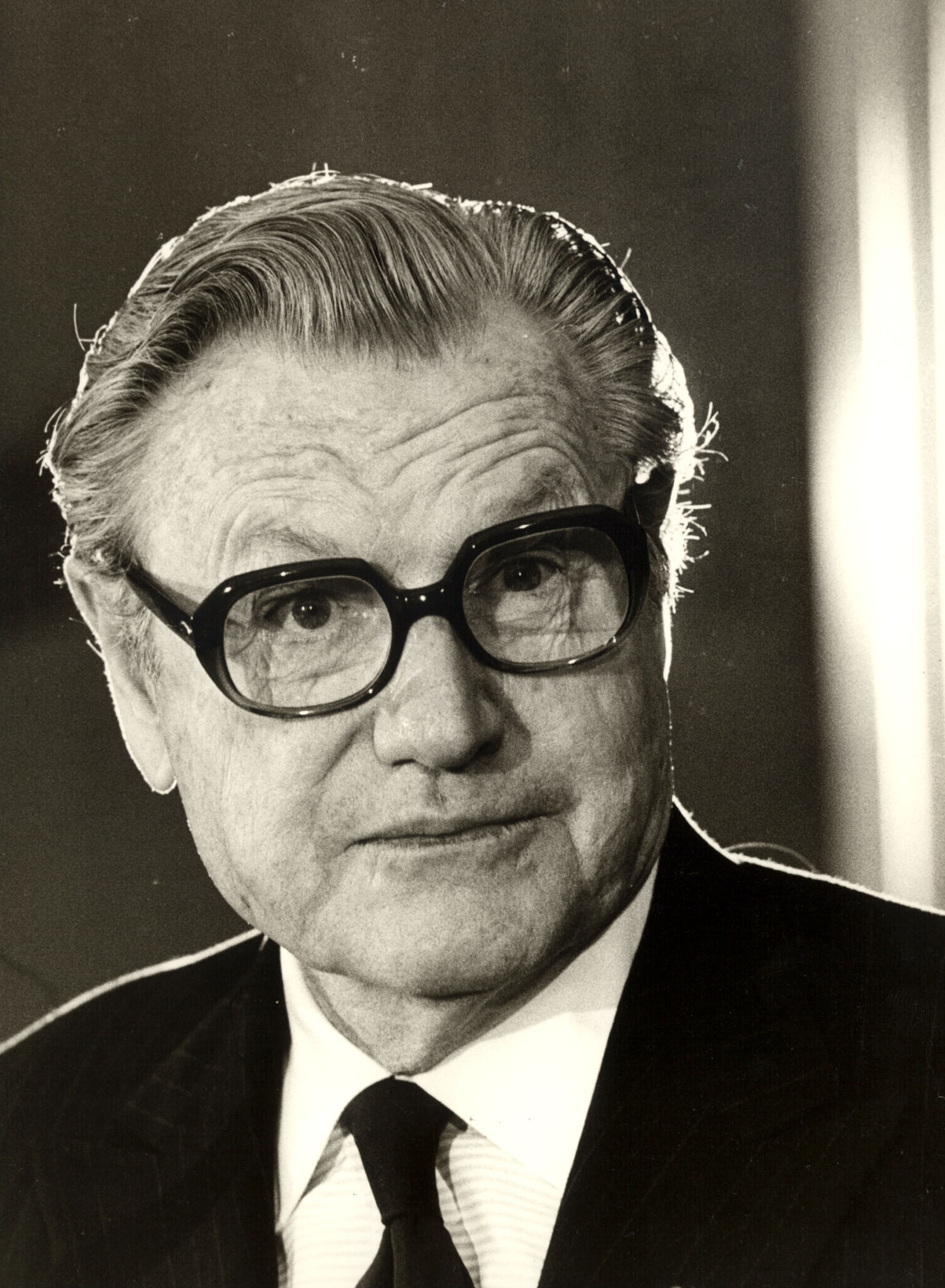Nelson Rockefeller's Net Worth: The Family's Wealth & Legacy
What exactly was the financial footprint left by Nelson Aldrich Rockefeller, a man who straddled the worlds of high finance, political power, and philanthropy? Nelson Rockefeller's net worth, estimated at $1.1 billion at the time of his death, reflects not just personal wealth but a lifetime of strategic maneuvering and influence that shaped the American landscape.
Born on July 8, 1908, in Bar Harbor, Maine, Nelson Aldrich Rockefeller was much more than just a scion of one of America's wealthiest families. Named after his maternal grandfather, Nelson W. Aldrich, he was the second son and third child of John Davison Rockefeller Jr., a financier and philanthropist, and Abby Aldrich Rockefeller, a philanthropist and socialite. From the outset, he was immersed in a world where wealth and social responsibility went hand in hand, a dynamic that would deeply influence his own life and career. The Rockefeller family's fortune, originating with oil tycoon John D. Rockefeller, America's first billionaire, provided a foundation of immense resources. With a grandfather who had founded Standard Oil in 1870, Nelson Rockefeller had access to opportunities and networks that most could only dream of. This early exposure shaped his understanding of business, power, and the impact of both on society.
| Attribute | Details |
|---|---|
| Full Name | Nelson Aldrich Rockefeller |
| Date of Birth | July 8, 1908 |
| Place of Birth | Bar Harbor, Maine, United States |
| Date of Death | January 26, 1979 |
| Education | Dartmouth College |
| Parents | John Davison Rockefeller Jr., Abby Aldrich Rockefeller |
| Siblings | Abby Rockefeller Mauz, John D. Rockefeller III, Winthrop Rockefeller, David Rockefeller |
| Spouses | Mary Todhunter Clark, Margaretta Large "Happy" Fitler |
| Children | Steven Clark Rockefeller, Michael Rockefeller, Rodman Rockefeller, Ann Rockefeller, Nelson Rockefeller Jr., Mark Rockefeller |
| Net Worth at Death | Approximately $1.1 Billion (1979) |
| Career Highlights |
|
| Key Achievements |
|
| Legacy | Remembered for his contributions to politics, business, and philanthropy. His influence is seen in arts, urban planning, and international relations. |
| Reference | Wikipedia: Nelson Rockefeller |
The legacy of the Rockefeller family is deeply interwoven with the history of American capitalism. The roots of their wealth lie in the vast oil empire built by John D. Rockefeller, who founded Standard Oil in 1870. His son, John D. Rockefeller Jr., played a crucial role in managing and expanding the family's investments, further solidifying their financial standing. This inherited wealth provided Nelson with considerable advantages, enabling him to pursue diverse interests and significantly impact the public sphere. However, it is crucial to note that while born into privilege, Nelson Rockefeller was also a shrewd businessman and a highly ambitious politician who strategically utilized his resources and connections.
Nelsons upbringing was marked by both affluence and responsibility. His father, John D. Rockefeller Jr., instilled a sense of duty and philanthropic obligation within the family. Trust funds were established for all children, guaranteeing a baseline of financial security. This foundation allowed Nelson to pursue his interests in business and public service without the constant pressure of financial survival. He attended Dartmouth College, an institution known for its strong academics and alumni network, further developing his intellectual and social skills. His experience at Dartmouth exposed him to various perspectives and ideas, preparing him for the complexities of a career that would span different domains.
Nelsons journey into the professional world began within the family business. He never had the challenge of finding a job, due to his family business background. Over time, he honed his skills in finance, management, and strategic thinking. He became increasingly involved in the family's diversified portfolio of investments and philanthropic initiatives. This early experience gave him the know-how required to build a successful career, and he progressively expanded his reach outside of the family business, entering the realm of politics and public service. Through strategic maneuvers and ambitious goals, he leveraged his inheritance into a platform to build his own legacy.
Rockefellers career trajectory reflects a combination of inherited wealth and individual ambition. He demonstrated a notable capacity for blending business acumen with political strategy. Rockefeller's wealth, derived from his family's investments and his own business ventures, facilitated a lifestyle that afforded him opportunities unavailable to most. Yet, the wealth served not merely as a personal benefit but as a tool for his public service endeavors. He had the resources to engage in large-scale projects, invest in infrastructure, and support various cultural and artistic initiatives.
One of the most distinctive features of Nelson Rockefellers public life was his commitment to public service. He entered politics with the understanding that he could use his wealth and influence to affect positive change on a larger scale. Serving four terms as Governor of New York, he oversaw many critical infrastructure projects, including the construction of the State University of New York system and the expansion of the New York State Thruway. His tenure in office was characterized by a forward-thinking approach to urban planning and infrastructure development. His actions helped to define the state's growth during the mid-20th century.
Furthermore, Rockefeller's career culminated in his appointment as Vice President of the United States under President Gerald Ford. This position underscored his prominent place in American political history. His service in the executive branch exposed him to national and international issues at a high level. He played a critical role in shaping U.S. policy. He leveraged his deep understanding of global affairs to further the country's interests. His appointment to this role marked a significant chapter in his career, showcasing his political skills and his capability for dealing with complex policy challenges.
The Rockefeller family's influence extended far beyond the realm of business. John D. Rockefeller Jr. was also a major force in philanthropy, constructing the Rockefeller Center in Midtown Manhattan, an expansive complex of commercial skyscrapers. The family invested heavily in cultural and educational institutions, including the Museum of Modern Art, which Nelson helped found. These initiatives, built upon the family's financial resources, played a pivotal role in shaping the arts, culture, and education landscapes of America.
It's also important to note that Nelson Rockefellers net worth was not static. His wealth fluctuated over time, reflecting the performance of investments, market conditions, and his own strategic decisions. While precise figures are difficult to come by because family archives and records about net worth are closed to researchers, the general trend shows a continuous cycle of accumulation and strategic management. Nelson understood the power of leveraging his wealth and resources to achieve his goals. This was evident in his business and political activities. He managed his assets, not just for personal gain, but to further his public service and philanthropic activities.
In examining Nelson Rockefeller's financial portfolio, one can recognize a consistent pattern of diversified investments. This approach was designed to protect and grow wealth over the long term. The Rockefellers were not passive investors; they were active participants in the management and expansion of their assets, and this proactive approach was a key element of their enduring financial success. While the exact details of his financial holdings remain largely private, the strategic principles underlying their management are apparent. These principles are essential for anyone seeking to understand how a fortune is not only built but also sustained across generations.
Furthermore, the Rockefeller family's legacy of wealth continues today, with the family fortune estimated to be worth over $10.3 billion. While the total family wealth provides a broader context, the individual net worth of Nelson Rockefeller at the time of his passing, and the figures available today, showcase his specific achievements and the impact of his unique contributions. His financial success was a combination of inheritance, business acumen, and effective management of his resources. This legacy of financial management and strategic investment provides insights into his methods and his lasting legacy.
Nelson Rockefeller's life provides a compelling case study of how inherited wealth, combined with personal ambition and a commitment to public service, can be used to shape the world. From his early years in Bar Harbor, Maine, to his role as Vice President of the United States, his journey reflects a strategic application of resources and influence. The combination of inherited financial advantages and personal drive made him one of the most influential figures of the 20th century, and his legacy endures today.
It is also worth noting that the Rockefeller family's influence extends into many areas of society beyond finance and politics. The family is associated with several cultural and educational institutions. This wide impact illustrates the ability of inherited wealth to affect many facets of American life. David Rockefeller, a brother of Nelson and an investment banker, had a net worth of $2.9 billion at the time of his death in 2017, reflecting a similar capacity for financial success and influence within the family. In comparison to his brothers, Nelson Rockefeller's financial success mirrors the family's broader accomplishments.
Looking back, Nelson Rockefellers life epitomizes how the combination of financial resources, business proficiency, and public service can shape a person's legacy. His net worth at the time of his death reflects his individual accomplishments. It also highlights the influence that the family fortune, combined with strategic actions, had on American culture and government. His story offers valuable insights into the dynamics of wealth, influence, and their lasting effect on society.



